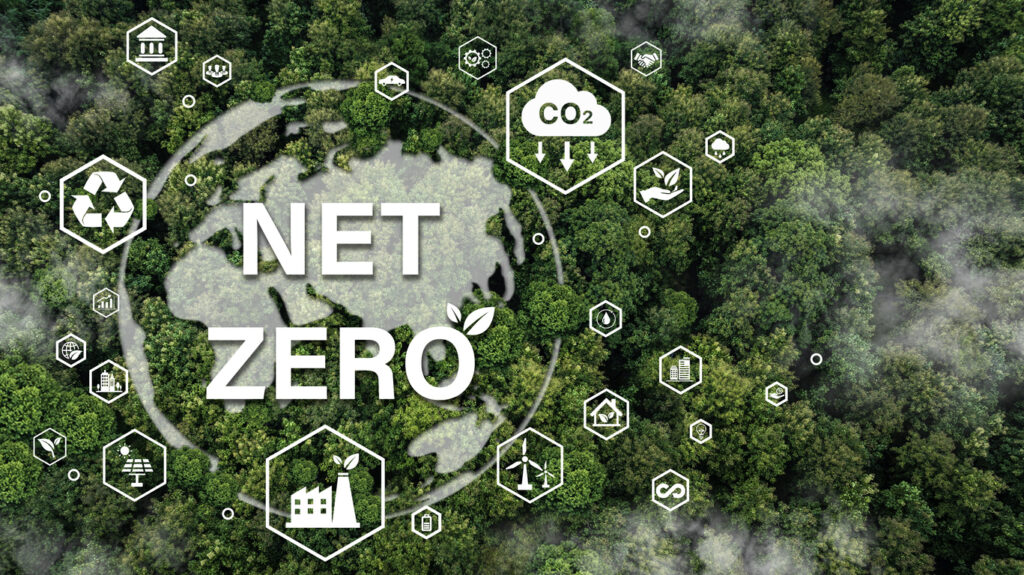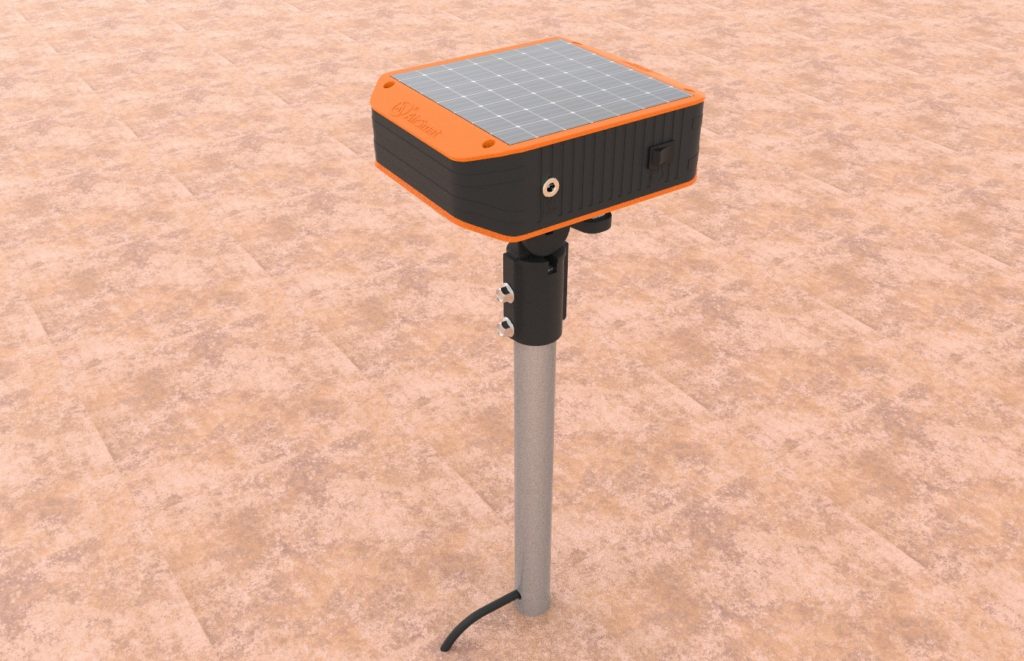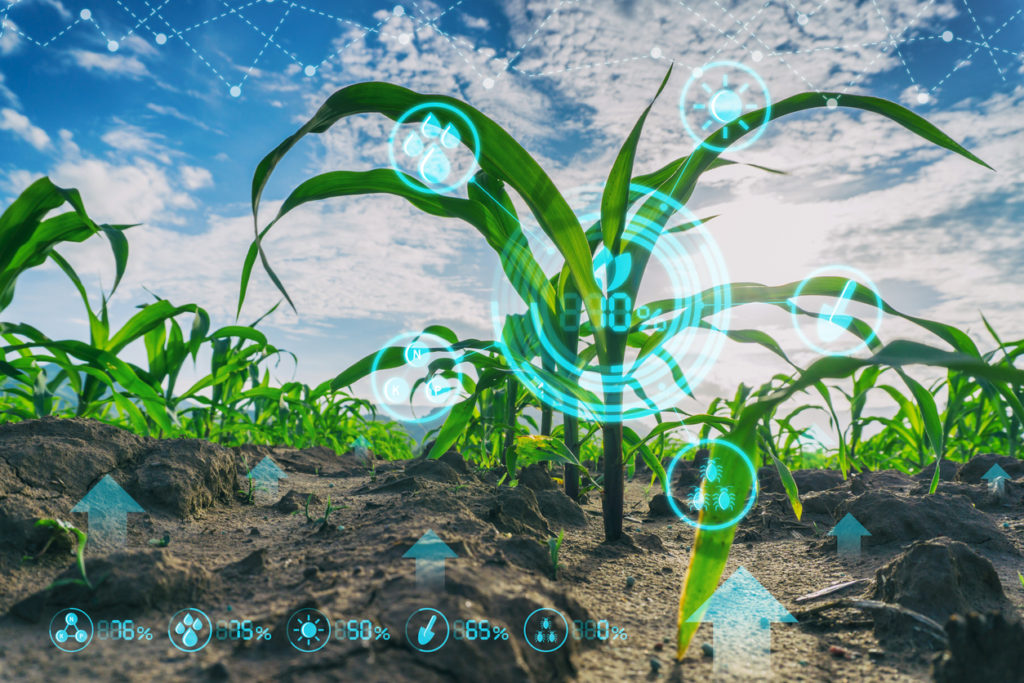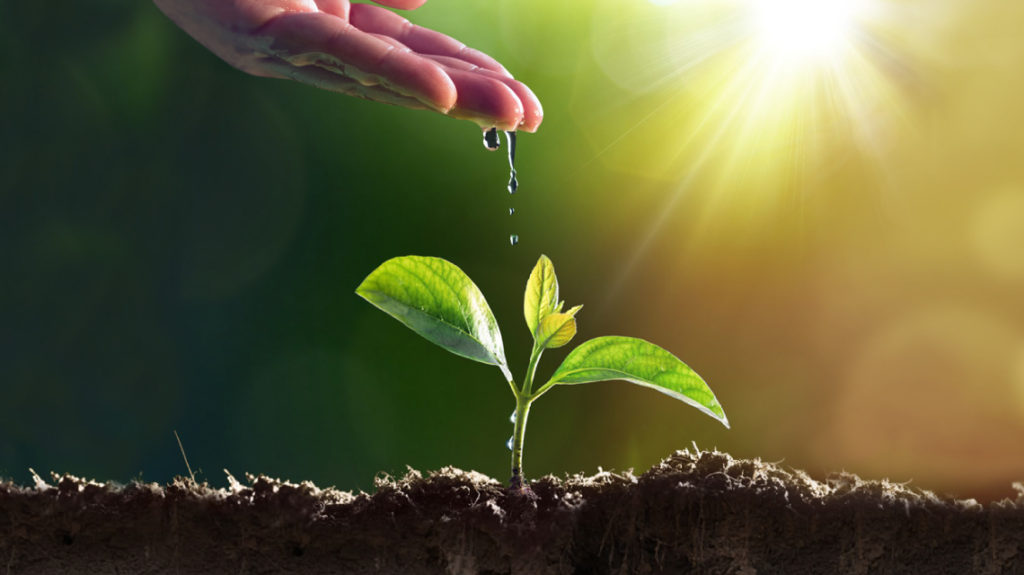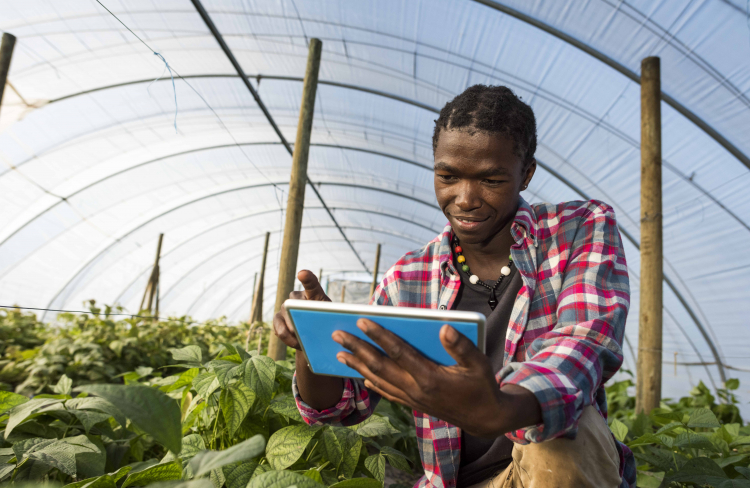The Biden-Harris Administration has substantially improved in strengthening climate action in the world’s largest economy by announcing new principles for high-integrity voluntary carbon markets (VCMs). This initiative ensures these markets function transparently and provide genuine, measurable climate benefits. For businesses, especially those dedicated to sustainability and climate solutions, these new principles provide a framework for participating in VCMs that deliver both environmental and economic advantages.
Guaranteeing Authentic Atmospheric Integrity
A key principle outlined by the administration is the requirement for carbon credits to adhere to credible atmospheric integrity standards. This means that the credits must reflect genuine decarbonisation efforts. This principle is essential for maintaining the credibility and effectiveness of VCMs, ensuring that each credit corresponds to one tonne of carbon dioxide (or its equivalent) being removed from or avoided in the atmosphere.
Enhancing Environmental and Social Co-Benefits
The new principles also stress the importance of avoiding environmental and social harm while promoting co-benefits and transparent benefit-sharing. For businesses, this involves participating in activities that lower carbon emissions while fostering broader environmental and social advantages. This approach aligns with the administration’s objective of generating economic opportunities for various businesses and communities.

Focusing on Quantifiable Emissions Reductions
Another crucial aspect of the new principles is that corporate buyers should prioritize quantifiable emissions reductions within their value chains before relying on carbon credits. This principle urges businesses to focus on minimising their carbon footprints as a primary step. For companies committed to net-zero targets, integrating high-quality carbon removal solutions can complement these internal reduction efforts, ensuring robust and effective climate strategies.
Strengthening Market Confidence
To foster trust in the carbon markets, the administration advocates for the public disclosure of the origin and retirement of credits purchased. This transparency is essential for upholding confidence and enabling market participants to validate the effectiveness of their investments. Upholding this commitment to transparency and rigorous Measurement, Reporting, and Verification (MRV) guarantees that carbon removal initiatives are supported by sound science and verifiable data, instilling businesses with confidence in their climate investments..
What Are Voluntary Carbon Markets?
Voluntary carbon markets (VCMs) facilitate the voluntary buying and selling of carbon credits, operating independently of mandatory regulatory frameworks. These markets empower businesses and individuals to counterbalance their carbon emissions by acquiring credits generated through projects that mitigate greenhouse gas emissions or extract carbon from the atmosphere.
High-integrity VCMs guarantee that these credits reflect genuine, supplementary, and enduring reductions or removals of emissions. They serve as vital instruments for funding the shift toward a net-zero economy, offering crucial backing for pioneering climate solutions and fostering sustainable development.
The Role of High-Quality Voluntary Carbon Markets
Although companies must prioritize decarbonizing their value chains initially, VCMs offer a means for them to assume accountability for emissions they currently cannot eliminate. They offer financial support for initiatives aimed at reducing or extracting carbon from the atmosphere. These encompass both nature-based solutions and technological advancements, which can yield substantial co-benefits, ranging from enhanced soil health to increased biodiversity. The principles set forth by the Biden-Harris Administration represent a constructive and practical stride toward fortifying these markets. They supplement ongoing endeavours focused on enhancing market integrity and catalysing substantial climate action. As businesses seek to capitalize on these markets, it is imperative to select partners and initiatives that align with these rigorous standards.
Embracing High-Integrity Voluntary Carbon Markets for a Sustainable Future
The announcement from the Biden-Harris Administration represents a significant milestone for voluntary carbon markets. By establishing precise standards and anticipations, the administration is laying the groundwork for a stronger and more trustworthy market capable of propelling significant climate action. This fresh framework guarantees the dependability and verifiability of carbon credits, essential for upholding confidence and effectiveness in climate mitigation endeavours. High-integrity voluntary carbon markets present a transparent and responsible pathway for businesses to counterbalance their emissions, thereby advancing global net zero objectives.
This advancement offers businesses a noteworthy chance to engage in top-tier carbon removal initiatives that yield tangible, measurable advantages. By embracing these fresh guidelines, companies can enrich their sustainability approaches and actively participate in impactful climate action. This not only aids the shift toward a net-zero economy but also nurtures innovation in carbon removal-focused climate solutions. Adhering to these benchmarks enables businesses to assume a crucial part in combatting climate change while securing both economic and environmental advantages, catalysing significant progress toward a sustainable tomorrow.
About AirSmat
AirSmat is a leading technology company dedicated to revolutionizing agriculture and environmental sustainability through innovative solutions. Our mission is to empower farmers with cutting-edge technologies that enhance productivity, efficiency, and resilience. We are transforming African agriculture through AI-driven AgTech, empowering farmers to optimize crop yields, combat climate change, and earn carbon credits.
We do this by leveraging AI, farm data, and democratising the production of high-quality biochar from end-of-life waste to regenerate the soil, sequester carbon and improve farmers’ livelihoods across Africa. From advanced monitoring systems to intelligent analytics platforms, we provide actionable insights that enable informed decision-making and drive positive outcomes across the agricultural value chain.
We are committed to driving positive social and environmental impact by promoting sustainable practices, reducing waste, and mitigating the effects of climate change. Through strategic partnerships, continuous innovation, and a deep commitment to excellence, AirSmat is shaping the future of agriculture and environmental stewardship in Africa.
For more information, visit https://www.airsmat.com/
Contact us: +2347041000987, sales@airsmat.com
